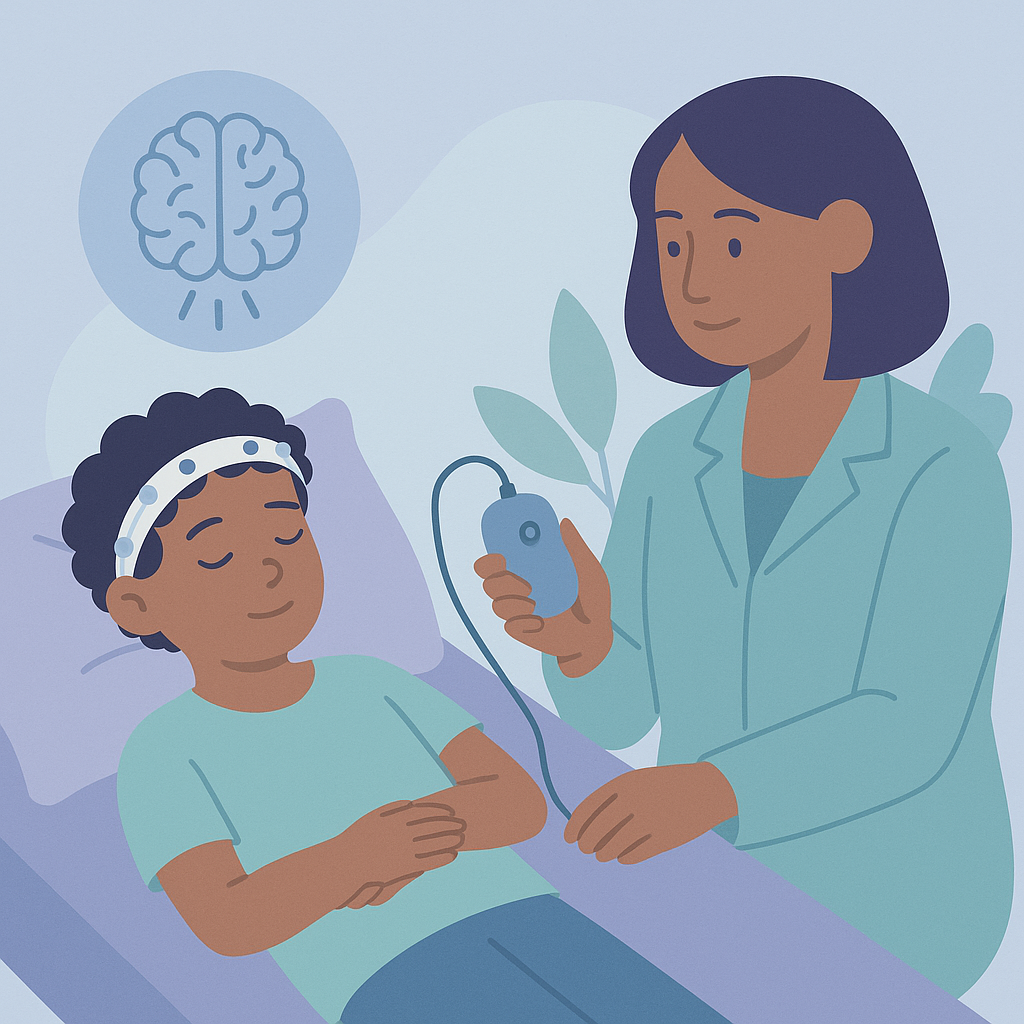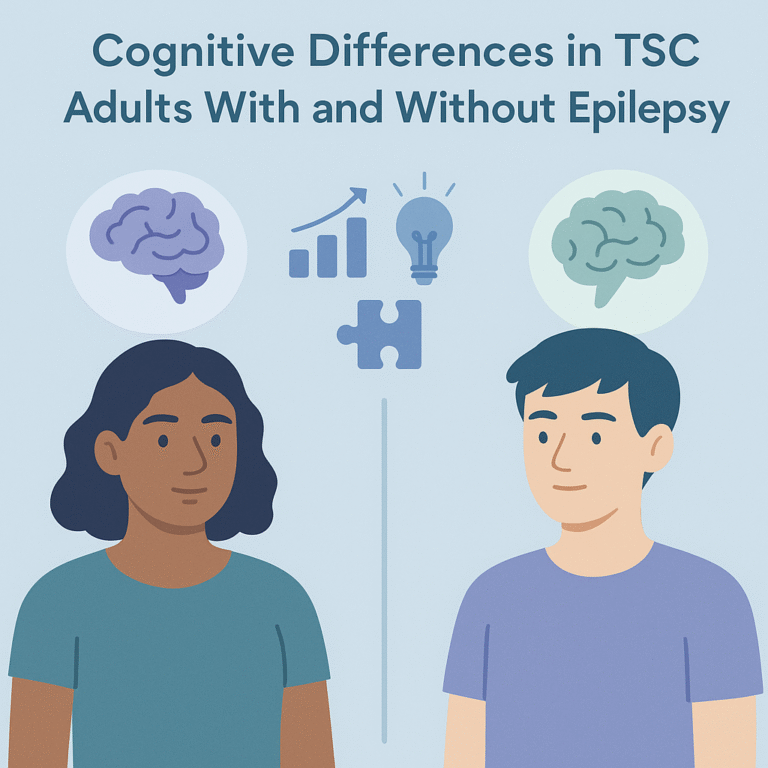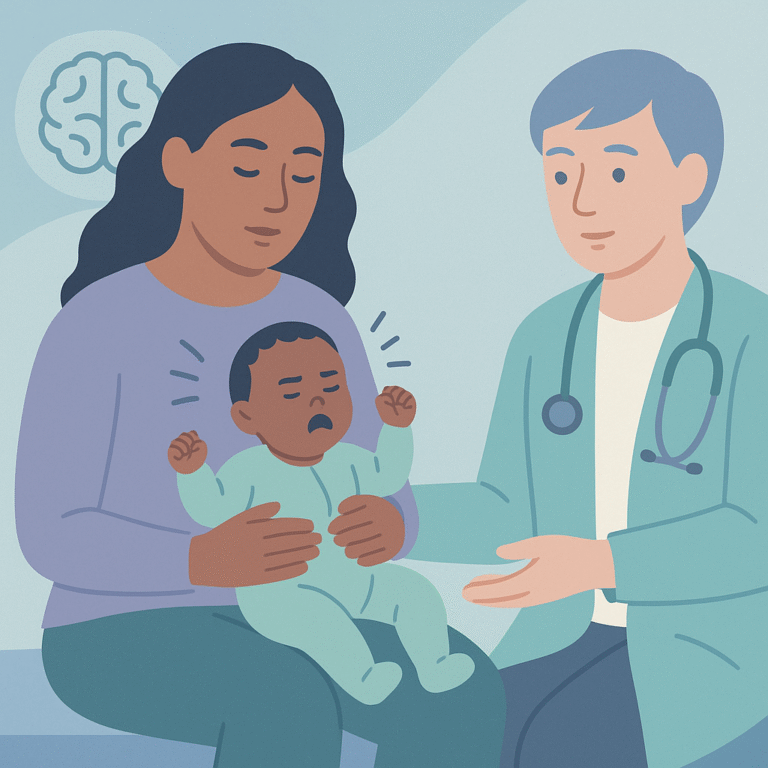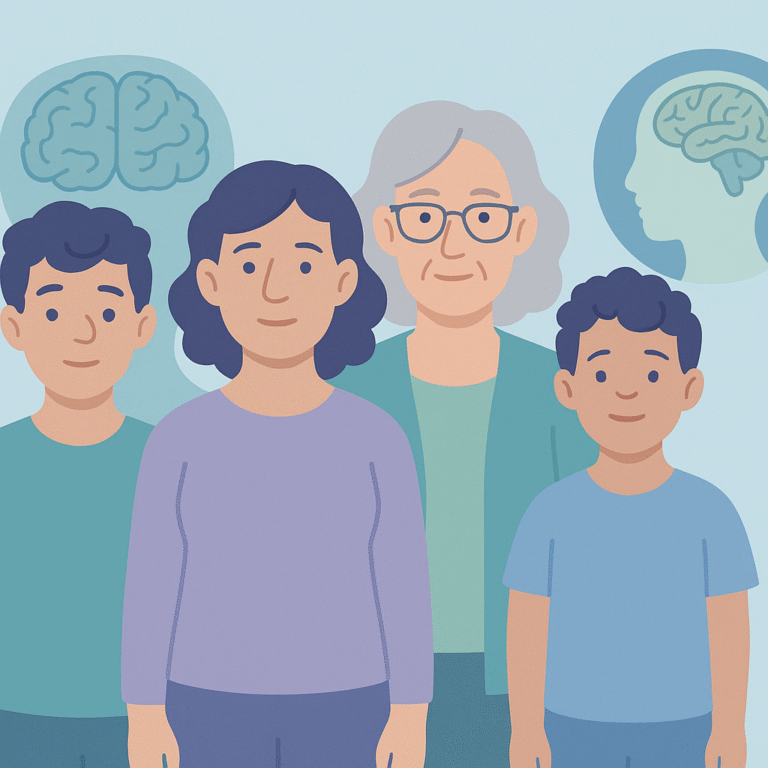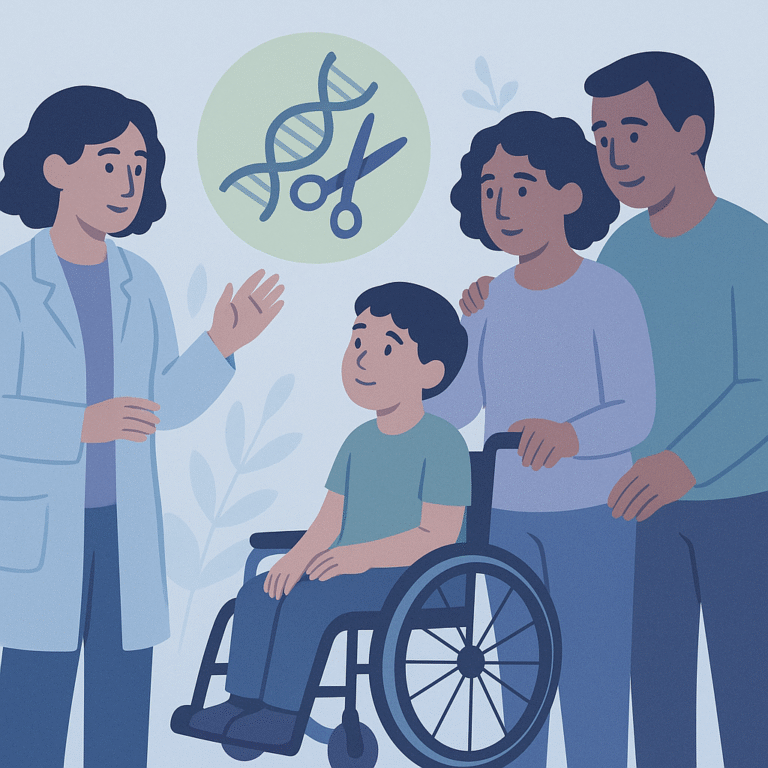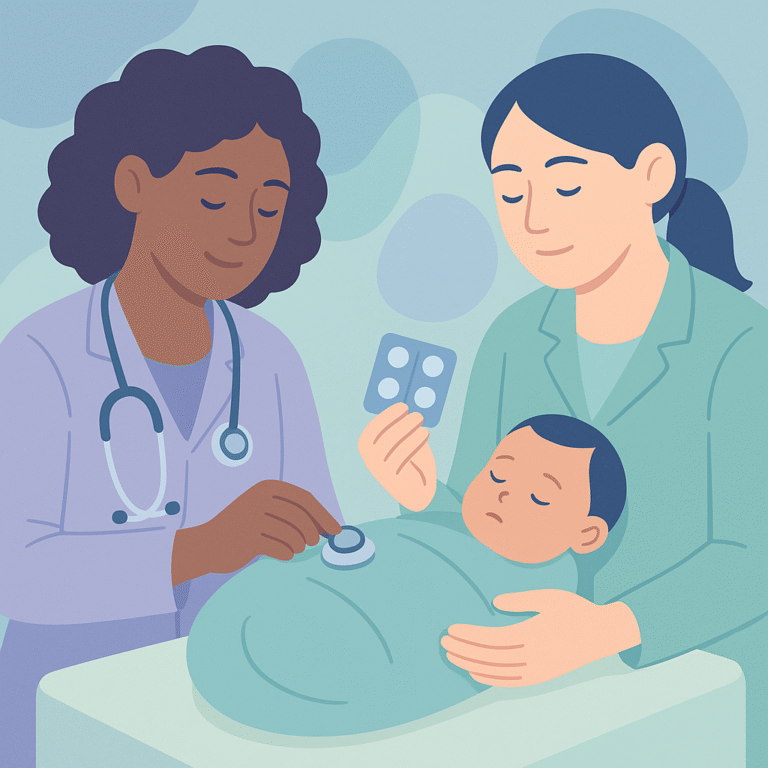Effective Neurostimulation Reduces Seizures in Pediatric Epilepsy
Source: Epilepsia open
Summary
Researchers studied how effective a specific brain stimulation treatment is for children with difficult-to-treat epilepsy. They focused on 13 pediatric patients who had seizures that were not controlled by medication. The treatment involved implanting a device called responsive neurostimulation (RNS) that targets a part of the brain called the centromedian nucleus (CMN). This device detects early signs of seizures and sends electrical pulses to help prevent them.
The key findings showed that 83% of the children experienced a significant reduction in their seizures, with an average decrease of about 80%. The researchers used advanced imaging techniques to ensure the device was placed accurately in the brain. Importantly, none of the patients reported any side effects from the stimulation, suggesting that the treatment was safe for this group.
This study is important because it offers hope for children with drug-resistant epilepsy, a condition that can be very challenging to manage. The results indicate that targeted brain stimulation can lead to significant improvements in seizure control without causing harm. However, it’s worth noting that this is a small study, and more research is needed to confirm these findings and understand the long-term effects of this treatment.
Free: Seizure First Aid Quick Guide (PDF)
Plus one plain-language weekly digest of new epilepsy research.
Unsubscribe anytime. No medical advice.